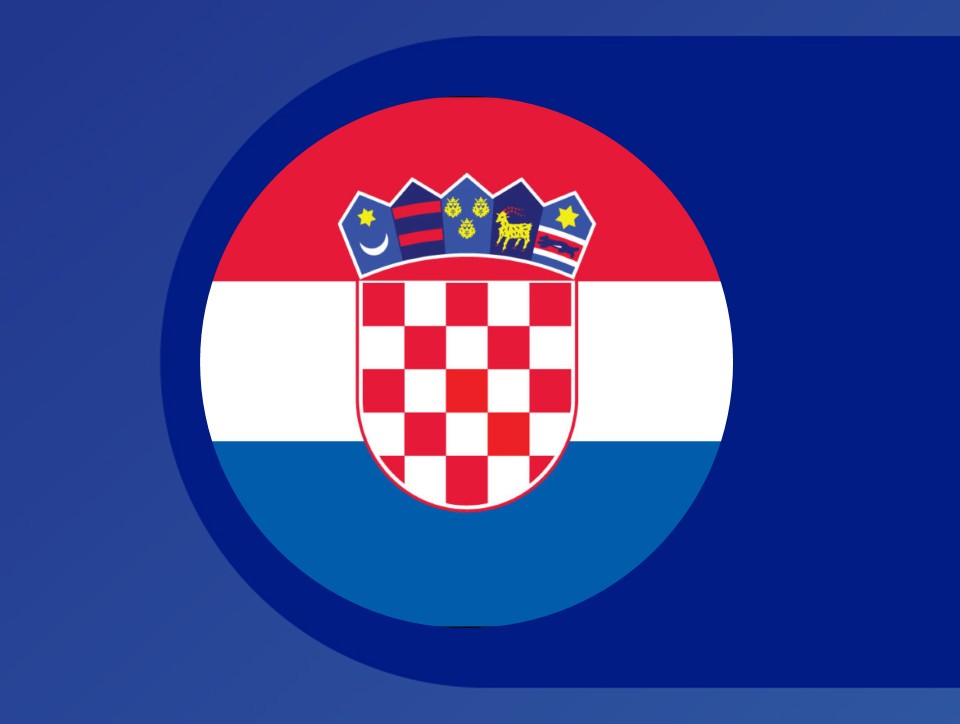Search results (731)
Skip results of view News and highlights
Get ready to mark your calendar for our upcoming data.europa academy webinar ‘Smart cities and digital twin technology: the case of Bologna’ on Friday, 23 January 2026, from 10:00 to 11:00 CET. Following the previous smart city webinars on Rotterdam and Dublin, this third edition will highlight the Bologna Digital Twin project. Urban digital twins are playing an increasingly relevant role in city governance processes, raising key questions about how data, models, and artificial intelligence systems are produced, governed, and made accessible to public actors and the wider community. By

The new year has just begun, making it a good moment to reflect on the data.europa academy’s achievements in 2025. Over the past year, we hosted 18 webinars covering a wide range of topics. We kicked off with a session on the European Data Strategy and continued with themes such as Open judicial data, AI, and transparency in the digital age . One of the highlights was the three-day data visualisation workshop with Alberto Cairo, who showed over 2600 participants how to build meaning from data, communicate insights clearly, and give the right context through effective visual storytelling. The

Croatia’s national open data portal, data.gov.hr , is designed to make public sector information accessible and reusable for everyone. The portal serves as a central hub for datasets published by government institutions, supporting transparency and enabling citizens, businesses, and researchers to benefit from open data. The portal provides access to more than 3,000 datasets across domains such as economy and finance , government and public sector , and population and society . Users can find information on government spending, demographic statistics, energy consumption, and environmental

We are thrilled to share the findings from our 2025 User Survey, an initiative which helps deepen our understanding of the wants and needs of the European Data Portal’s users. From Monday, 1 September, to Sunday, 13 October 2025, we invited you to share your thoughts on how you use our portal and what matters most to you. The response was incredible, and your feedback is already guiding the next steps towards improving the European Data Portal. One key trend revealed that for most of the respondents (39%), the main source of open data is the European Data Portal. The survey confirmed what we

The 2025 Open Data Maturity (ODM) assessment has been published, providing the latest overview of how European countries are advancing in making public sector information more accessible, reusable and impactful. This 11th edition assesses 36 countries, including all 27 EU Member States, three members of the European Free Trade Association and six candidate countries. The ODM continues to serve as an essential reference for tracking progress, identifying emerging trends and supporting peer learning across Europe. Progress is visible across all four dimensions of the assessment: policy, portal

As 2025 is slowly coming to an end, the European Data Portal team extends our warmest holiday greetings to all our data providers and the open data community. We have marked another year full of great milestones and achievements to celebrate together. This year has brought us closer together and enabled new partnerships and learning opportunities, which allowed us to spread the wealth of knowledge behind open data far and wide. We are grateful for your continued support and engagement in our data community in 2025. This year, the European Data Portal transformed itself to ensure a more user

Europe’s open data landscape is evolving rapidly, and so is the way in which we measure progress. In the latest report, titled ‘Framework for Open Data Maturity – Country Profiles and Clusters’ , we mark a significant shift from traditional ranking systems towards a more nuanced approach. The report introduces tools that help policymakers understand the strategies behind success, which is crucial as the EU continues to prioritise data-driven governance across member states. The report highlights two new innovations: descriptive profiles and macro clusters. Profiles categorise countries based
The European Data Portal closed the academy year with its final webinar in December, focusing on the recently published Use Case Observatory Volume 3 . This edition marks the culmination of a three-year research project (2022–2025) tracking the impact of 13 open data reuse cases across Europe. During the webinar, Sem Enzerink , UCO Lead for the European Data Portal, provided an overview of the study, highlighting how open data continues to drive innovation and societal benefits. The session featured two inspiring examples from the publication. The first, Integreat , presented by Svenja Osmers

Last week, the European Data Portal hosted an exciting event in Tallinn, Estonia! On 2 and 3 December, 35 participants coming from 20 different countries attended a workshop designed to bring data providers from across Europe together. Over the two days, the workshop had various presentations and networking opportunities, stimulating knowledge sharing and learning opportunities. The first day was kicked off with a word of introduction by the Publications Office of the European Union. Afterwards, there was a keynote speech by the Estonian Ministry of Justice and Digital Affairs (JUSTDIGI). We

Human Rights Day takes place on Wednesday, 10 December, marking the anniversary of the Universal Declaration of Human Rights adopted in 1948. This landmark document set out fundamental rights and freedoms that apply to all people, regardless of nationality, gender, or background. It is a moment to reflect on the principles of equality, dignity, and justice that underpin democratic societies worldwide. Human Rights Day is more than a moment of reflection; it is a call to action to confront today’s most pressing challenges. From protecting freedom of expression to ensuring equal access to
